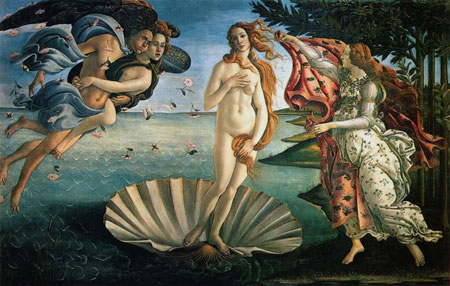Love of great art depends on what we're told
Many of us like to think that our deep appreciation of great art demonstrates sophisticated and refined tastes, although others have long had their suspicions.
Now the pretentiousness of art lovers who say they are moved by the talent of great painters has been laid bare by a study suggesting that we like paintings only if we are told they are by an Old Master.
Most of us are just as impressed by fakes, so long as they are presented as the real thing, said researchers.
The experiment suggests that people rarely make their own decisions about art and that appreciation is strongly linked to the accompanying information, rather than an objective judgment.
The researchers from Oxford University found that reactions to art are «not rational» because viewers are influenced by what they are told about a piece of work, regardless of whether it is genuine.
In the study, 14 people were attached to a brain scanner and shown 50 ’Rembrandt’ portraits, some of which were authentic and some of which were convincing fakes.
While their brain signals showed they could not differentiate between the real and fake work, their response altered significantly depending on whether they were told it was a genuine or not.
Professor Martin Kemp, Emeritus Professor of the History of Art at Oxford University, said: «Our study shows that the way we view art is not rational, that even when we cannot distinguish between two works, the knowledge that one was painted by a renowned artist makes us respond to it differently.
«The fact that people travel to galleries around the world to see an original painting suggests that this conclusion is reasonable.»
 Consider for a moment – would many of us love, for example, this piece of art, if it was painted by an unknown contemporary artist?
Consider for a moment – would many of us love, for example, this piece of art, if it was painted by an unknown contemporary artist?Source: The Independent
When there are no words left, the meaning is still preserved.



